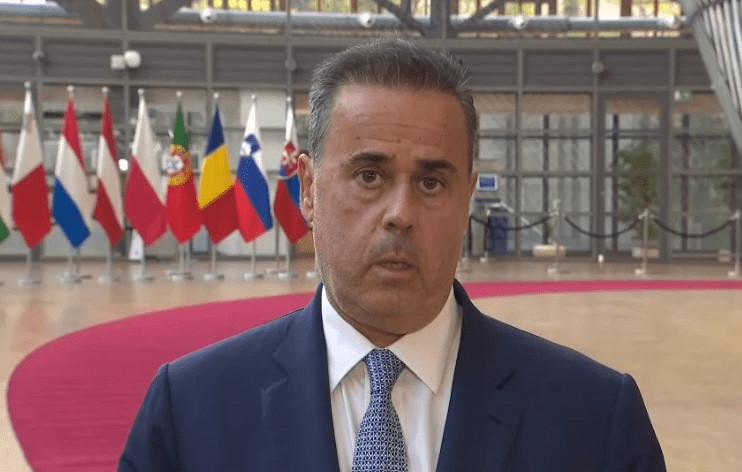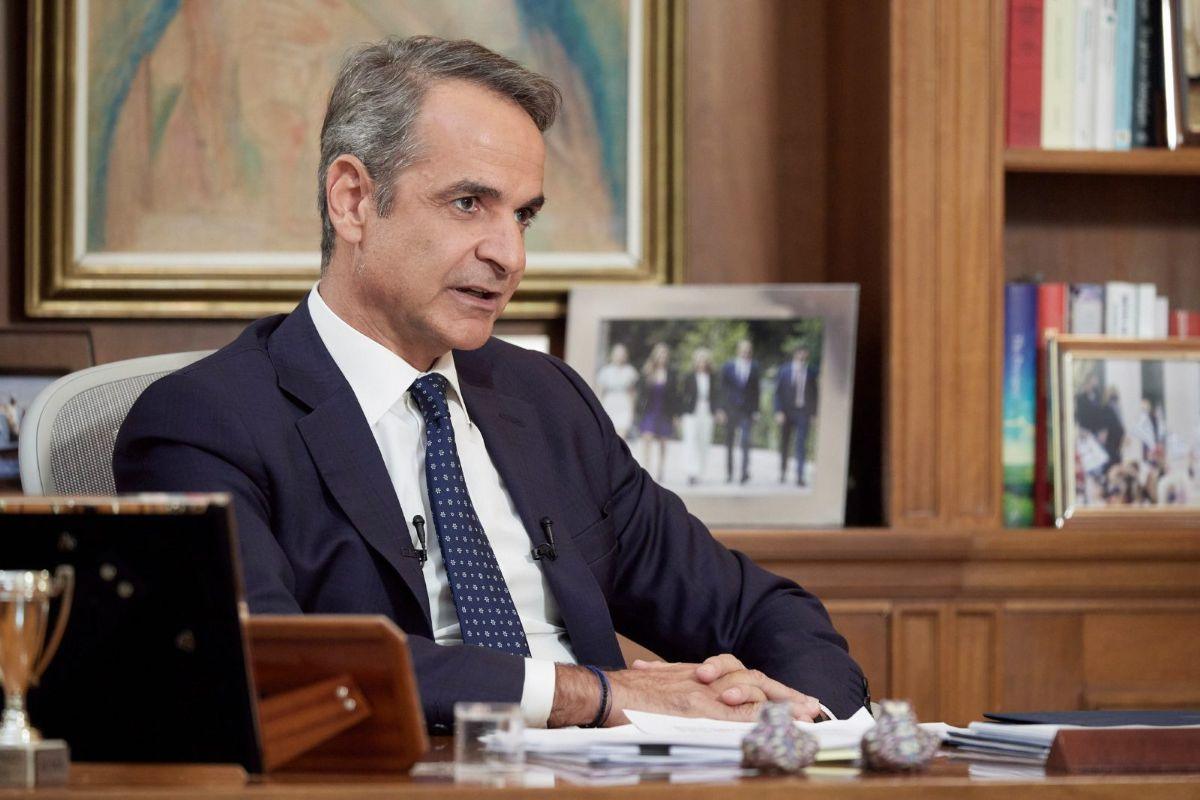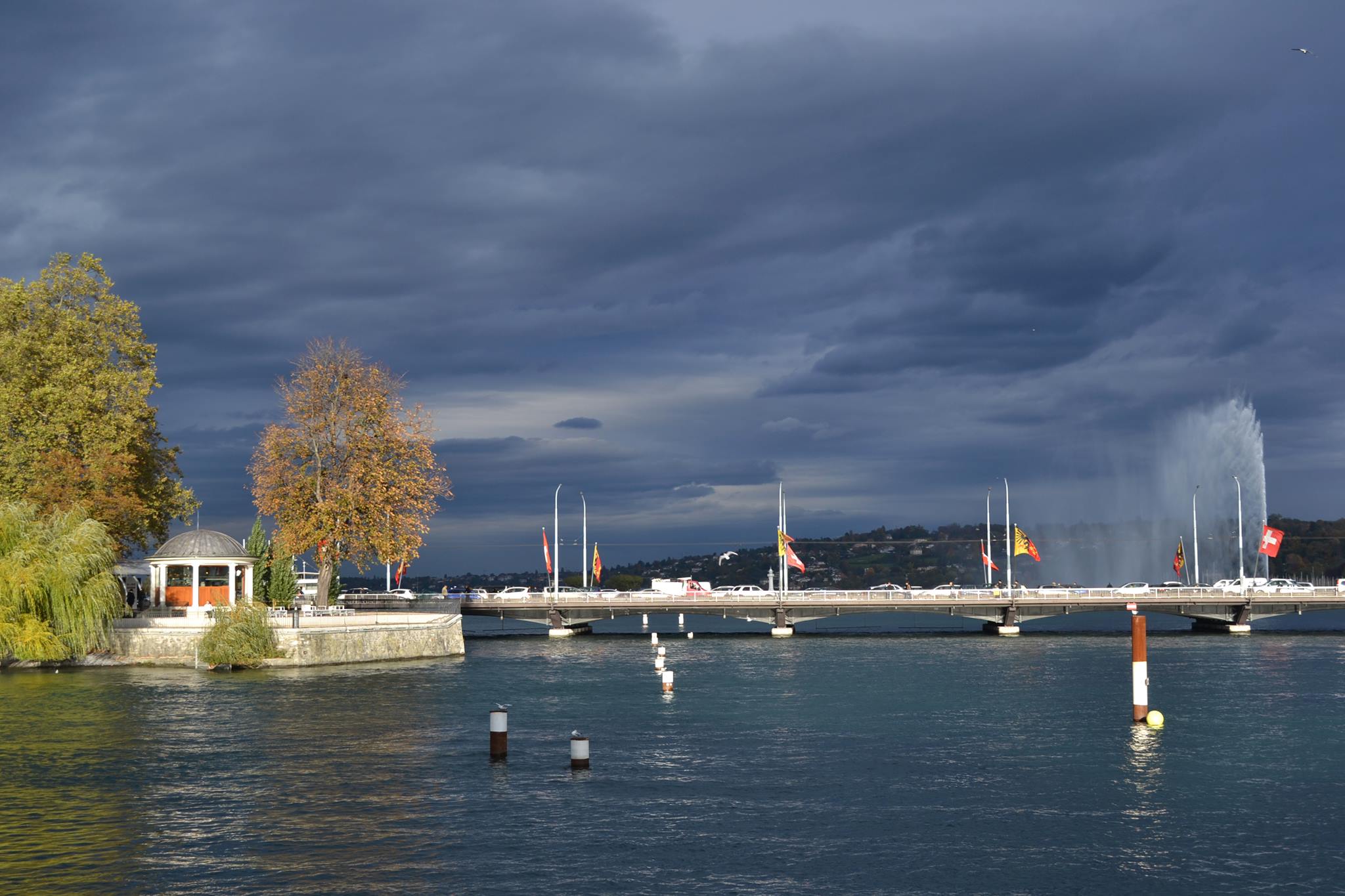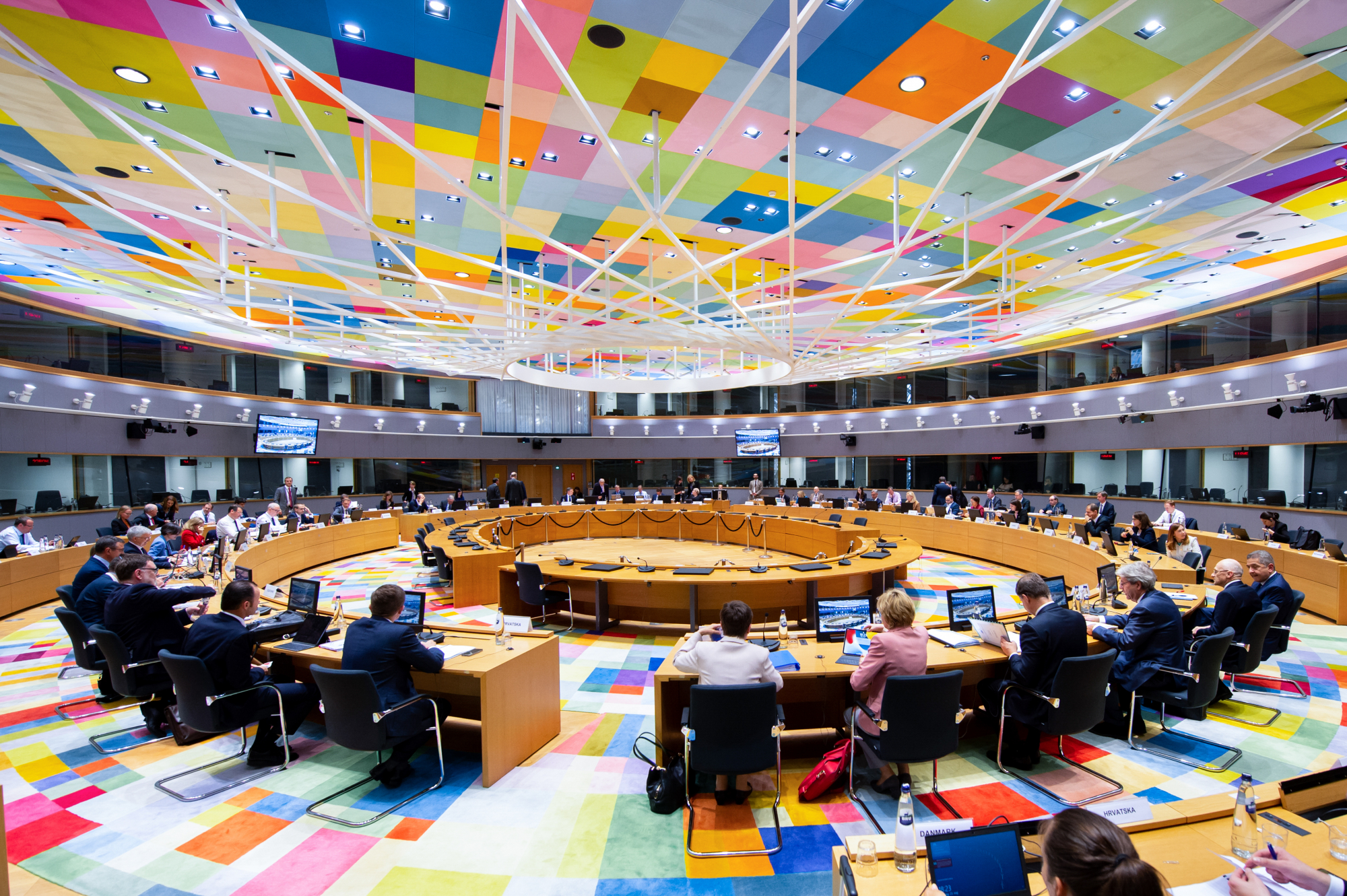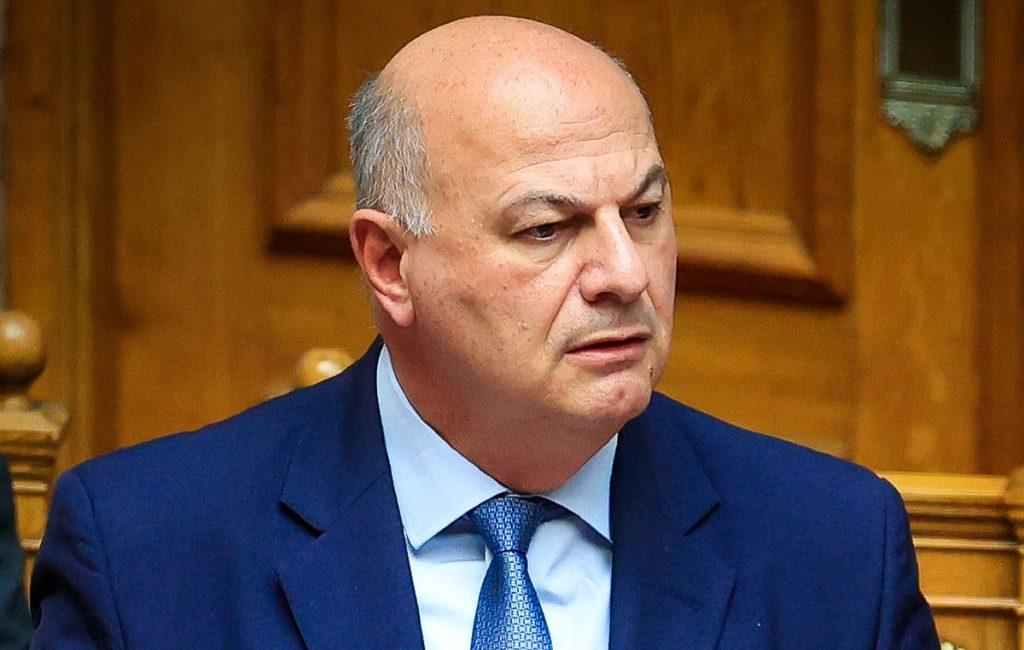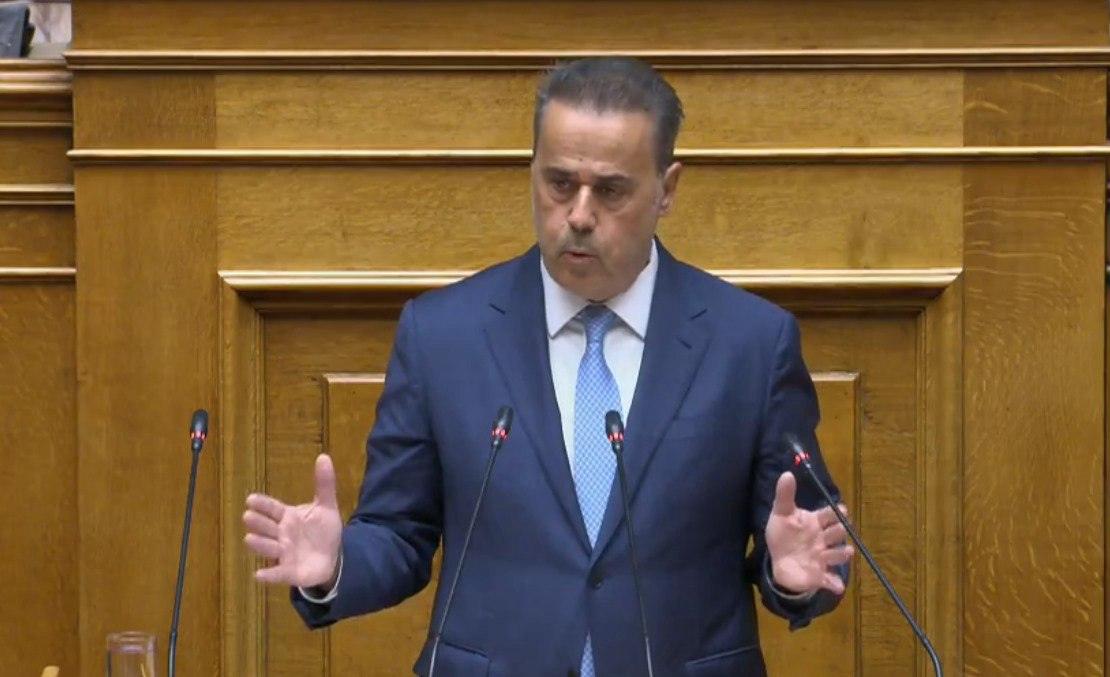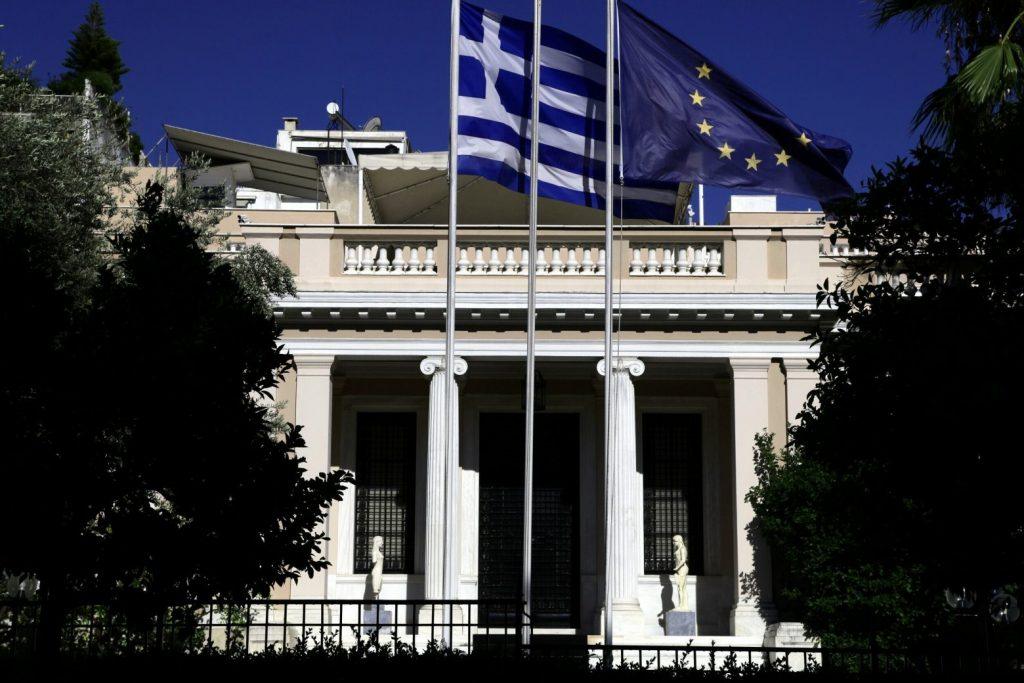On the occasion of World Environment Day, today, the Governor of the Bank of Greece, Giannis Stournaras, made the following statement:
The average global temperature is constantly rising, along with the frequency and severity of extreme weather events, causing negative effects on health, the environment, society, and the economy.
The geopolitical developments we are experiencing undoubtedly highlight the urgent need to redesign ambitious but also realistic strategies for the transition to an economy of low greenhouse gas emissions, with more energy security. A prerequisite for the transition is the further progress of the necessary policies, research and development of new technologies, together with international cooperation to jointly address these challenges, and subsequently the decisions of the 26th Conference of the Parties to the Convention. UN on Climate Change (COP 26).
The Bank of Greece actively supports the achievement of the goals of sustainable development. A year ago, it established the Center for Climate Change and Sustainability and participates in Greek and international initiatives for sustainability and climate, while, at the same time, it integrates corresponding parameters in a wide range of activities, always within its responsibilities.
The Bank of Greece on Climate Change and the Environment
In the context of the 26th Conference of the Parties to the United Nations Framework Convention on Climate Change (COP 26), the Bank of Greece expressed its commitment to contribute, within its remit, to the achievement of the Paris Agreement and to proceed with relevant actions in a wide range of areas of its responsibility, such as research, assessment of the degree of exposure of the Greek financial system to climate and environmental risks and the integration of the results of studies, analyzes, available tools and methodologies in the macroeconomic and forecasting models. supervisory practices. It also committed itself to implementing principles of sustainable and responsible investment in the management of its non-monetary policy portfolios, alignment and the common position of the Eurosystem, as well as to design and implement, at organizational level, an environmental mitigation program. footprint of her work.
The Bank of Greece is one of the first Central Banks in the world to deal systematically with the issue of climate change, having established the Climate Change Impact Assessment Committee (EMEKA) in 2009 and more recently with the establishment of the Center for Climate Change and Sustainability in 2021.
At the same time, the Bank of Greece participates:
- in the eight-year European program AdaptivGreece (Life IP “Boosting the implementation of adaptation policy across Greece”), which is currently the most important national project for the adaptation of our country to the effects of climate change and the planning of necessary measures at national, regional and local level,
- the “Network of Central Banks and Supervisors for Greening the Financial System (NGFS)”, a network set up to strengthen the global effort to achieve the objectives of the Agreement Paris and the strengthening of the role of the financial system in the struggle for sustainable development.
It is worth mentioning that the Bank of Greece is the first central bank in the world to subscribe to the UNEP FI (Responsible Banking Principles, United Nations Environment Program Finance Initiative), which, among other things, encourage banks to direct funds to funds. positive for sustainable development.
In addition, the Bank of Greece contributes to the awareness, information and education of the public on climate change issues, implementing various initiatives. Currently, the Museum of the Bank of Greece presents the exhibition “Economy and Climate: Handle with care”, which describes the phenomenon of climate change, its economic implications and the role of central banks in tackling it.

